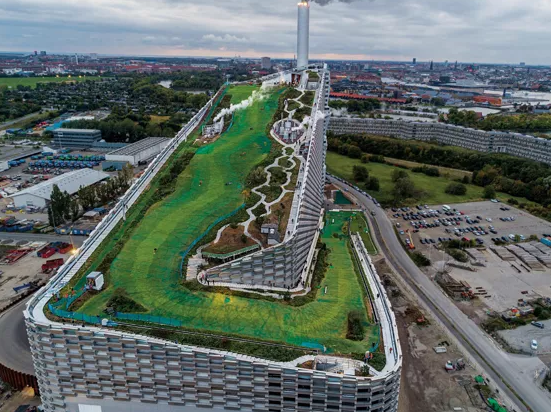For that same half century, environmentalists have been warning of limits to growth. The new "circular economy" movement is different. It's a collection of strategies -- some old, such as reducing, reusing, and recycling, and some new, such as renting rather than owning things -- that together are meant to reshape the global economy to eliminate waste. The circular economy doesn't aim to end growth; it aims to bend how we do things back into harmony with nature, so that growth can continue. "Prosperity in a world of finite resources," as European environment commissioner Janez Potocnik once put it, in the foreword to an Ellen MacArthur Foundation report. It said the circular economy could save European businesses up to $630 billion a year.

One man who definitely thinks it could happen, and whose work has proved revelatory to many others, is American architect William McDonough. With German chemist Michael Braungart, he wrote the visionary 2002 book Cradle to Cradle, which argues that products and economic processes could be designed such that all waste becomes fodder for something else. Before setting off for Europe, I made a pilgrimage to McDonough's office in Charlottesville, Virginia. Our conversation ricocheted from his childhood in Tokyo, through Plato, Aristotle, and Buckminster Fuller, to some new compostable blue jeans he was excited about, before I finally managed to ask him the nagging question: Is all this talk of an end to waste just pie in the sky?












